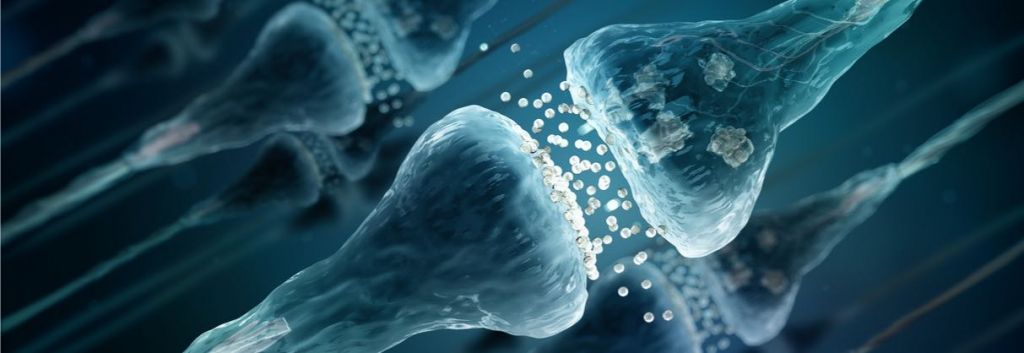Looking to expand your partner network with leading companies like University of Cambridge? Consider joining Inpart's global network for free.
Best in Biotech 22 Mar 2024
6 biotechnology universities in the UK leading the way for future talent
Discover the pinnacle of biotechnology education in the UK with our article to the top universities offering cutting-edge programs.

















